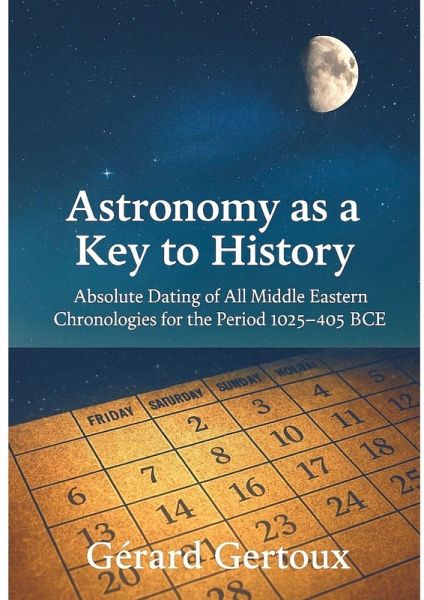
Astronomy as a Key to History
Absolute dating of all Middle Eastern chronologies for the period 1025-405 BCE
Versandkostenfrei!
Versandfertig in 1-2 Wochen
28,99 €
inkl. MwSt.

PAYBACK Punkte
14 °P sammeln!
Astronomy has long played a crucial role in humanity's understanding of time and history. By analysing astronomical events such as solar and lunar eclipses, as well as planetary conjunctions, historians and archaeologists can refine and validate historical chronologies. This monograph explores the intersection between astronomy and historical studies, demonstrating how astronomical phenomena serve as precise chronological markers for past civilisations. Drawing on interdisciplinary research, the study examines cases where astronomical calculations have helped resolve chronological uncertaintie...
Astronomy has long played a crucial role in humanity's understanding of time and history. By analysing astronomical events such as solar and lunar eclipses, as well as planetary conjunctions, historians and archaeologists can refine and validate historical chronologies. This monograph explores the intersection between astronomy and historical studies, demonstrating how astronomical phenomena serve as precise chronological markers for past civilisations. Drawing on interdisciplinary research, the study examines cases where astronomical calculations have helped resolve chronological uncertainties in ancient history. It discusses the methodologies used to date events recorded in historical texts, such as the Assyrian and Babylonian chronicles as well as Roman and Greek historical accounts. The work also addresses challenges and limitations, including potential misinterpretations of historical records and the need for cross-disciplinary collaboration. By showcasing the successes and pitfalls of astronomical dating methods, this book provides historians with a powerful tool to refine historical timelines. The monograph addresses important historical controversies such as the dating of the siege of Lachish and Jerusalem by Sennacherib in 712 BCE, instead of 701 BCE, the co-regency of Tiglath-Pileser III, nicknamed Pulu (782-746) in Assyrian but Bar-gayah in Aramaic, king of KTK, and the tribute paid by Pygmalion (877-830), king of Tyre, to Aurnasirpal II, in 870 BCE (instead of 814 BCE), which led to the founding of Carthage by Queen Elissa. This monograph will appeal to scholars in history, archaeology, and astronomy, offering a compelling argument for the integration of scientific methods in historical research. Through an in-depth analysis of celestial records, it underscores the importance of astronomy in unveiling the past with unprecedented accuracy. This work blends astronomy, biblical scholarship, and ancient sources to reconstruct a more precise biblical chronology.



![The Key of History. Or, A Most Methodicall Abridgement of the Foure Chiefe Monarches [sic], Babylon, Persia, Greece, and Rome [electronic Resource]. B Cover The Key of History. Or, A Most Methodicall Abridgement of the Foure Chiefe Monarches [sic], Babylon, Persia, Greece, and Rome [electronic Resource]. B](https://bilder.buecher.de/produkte/65/65494/65494651n.jpg)

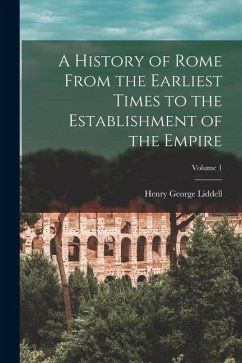
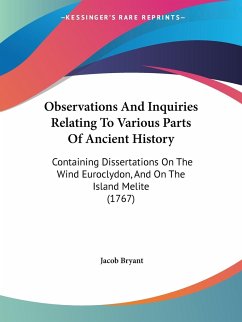
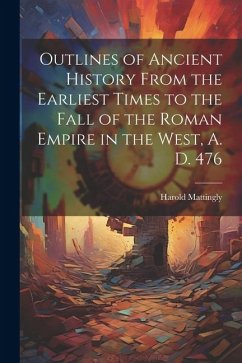
![A Compendium of Ancient and Modern History [microform]: With Questions Adapted to the Use of Schools and Academies, Also an Appendix Containing the De Cover A Compendium of Ancient and Modern History [microform]: With Questions Adapted to the Use of Schools and Academies, Also an Appendix Containing the De](https://bilder.buecher.de/produkte/66/66185/66185131n.jpg)

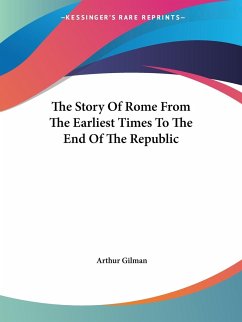

![Outlines of Ancient History [microform]: From the Earliest Times to the Fall of the Roman Empire in the West, A.D. 476 Cover Outlines of Ancient History [microform]: From the Earliest Times to the Fall of the Roman Empire in the West, A.D. 476](https://bilder.buecher.de/produkte/65/65500/65500509n.jpg)